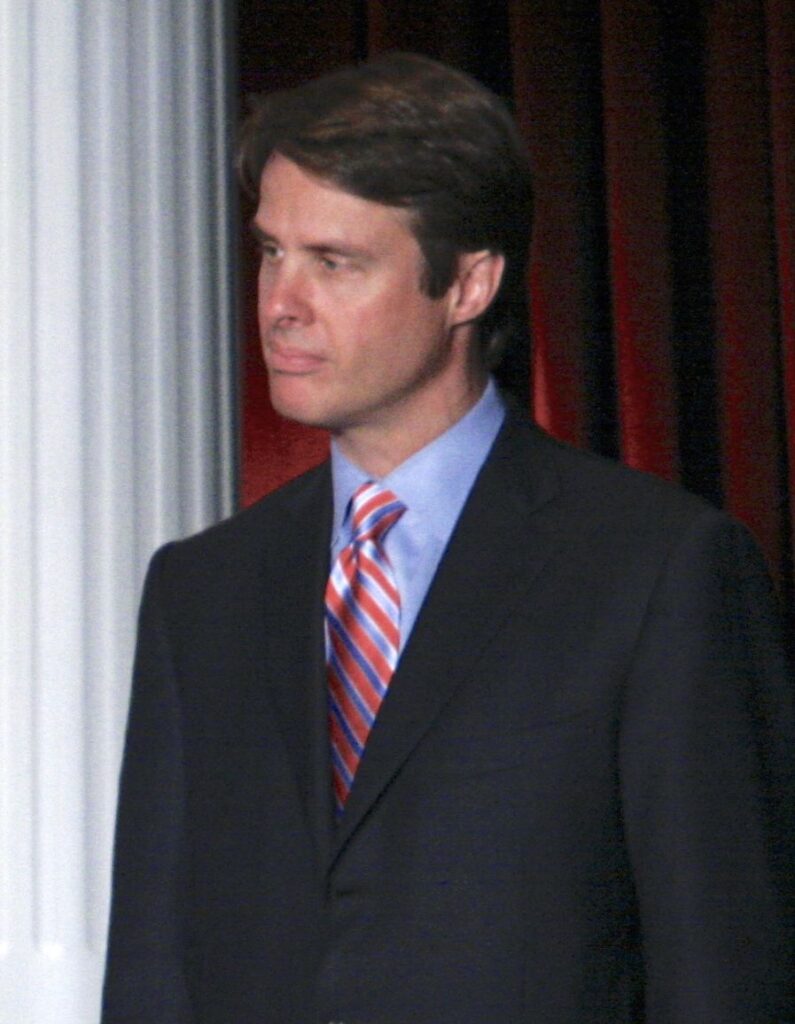
President Donald Trump’s milestone interview marking the 100th day of his second term quickly devolved into a contentious back-and-forth with ABC News correspondent Terry Moran. The discussion veered sharply off-course as Trump clashed with Moran over facts, photographs, and policy, demanding at one point that Moran confirm a digitally manipulated image as authentic, asking, “Why don’t you just say yes?”
The interview, conducted in the Oval Office, intensified when Moran raised the case of Kilmar Ábrego García, a Salvadoran man deported from Maryland despite being under court-ordered protection. Moran pointed out that the Supreme Court had mandated García’s return and suggested Trump could comply with a single phone call. Trump initially admitted, “I could,” directly contradicting prior claims from his administration that he lacked such authority. He deflected responsibility, saying, “Our lawyers don’t want to do this.”
When Moran pushed back—“You’re the president”—Trump retorted, “I follow the law,” implying his hands were tied. Yet, when reminded that “The Supreme Court defines the law,” Trump appeared to downplay the court’s authority.
The conversation deteriorated further when Trump insisted García bore gang-related tattoos, specifically MS-13 symbols on his knuckles. Moran challenged the claim, explaining the image Trump referenced had been clearly altered. Frustrated, Trump pushed, “Why don’t you just say, ‘Yes, he does,’ and move on?” He then accused Moran of undermining journalism, stating, “This is why people don’t trust the media—it’s fake news.”
Trump also belittled Moran’s status, saying, “They picked you because I never heard of you,” and called the interview a major career break.
Throughout the 40-minute exchange, Trump staunchly defended his policies, particularly in trade and immigration. Addressing the steep tariffs imposed on Chinese goods—some as high as 145%—Trump dismissed economic warnings from analysts like those at Moody’s, who predict added financial strain on U.S. families. “Everyone will be fine,” Trump claimed, brushing aside concerns about price hikes.
Moran noted that costs would rise for essentials like electronics, clothing, and housing. Trump replied, “You don’t know that,” suggesting that China might absorb the costs and asserting that the tariffs were necessary to fix an unsustainable trade imbalance.
Highlighting his border policy as his top accomplishment, Trump touted a claimed 99.9% reduction in illegal immigration. Yet, when asked about legal rights for those facing deportation, Trump implied a different legal threshold applies to undocumented individuals. “There’s a different standard,” he said—seemingly ignoring long-held legal precedent affirming due process rights for all individuals on U.S. soil.
Even when Moran cited Trump-supporter Joe Rogan’s concerns about America compromising its values in pursuit of security, Trump only offered vague reassurances that he was being “careful” while doing what he felt was “necessary.”
On international issues, Trump called the Ukraine conflict “Biden’s war” and recounted his recent meeting with President Volodymyr Zelenskyy at the Vatican. While condemning Russian strikes on civilians, he also claimed Russian President Vladimir Putin “wants peace”—a stance that contradicts Russia’s continued military aggression.
When pressed on whether he trusted Putin, Trump dodged the question: “I don’t trust you. I don’t trust a lot of people,” before adding, “But Putin respects me.” He also refused to confirm whether the U.S. would continue supporting Ukraine if negotiations fail, stating only, “I’ll keep that a big, fat secret,” citing a need to protect diplomatic strategy.
Defending his controversial use of presidential authority—including stripping security clearances and pressuring law firms—Trump described himself as uniquely targeted: “I’ve been persecuted like no other president.”
The interview concluded with Moran confronting the president about concerns over authoritarian behavior. Trump responded: “I would hate for people to think that. I’m just doing one thing—making America great again.”
—